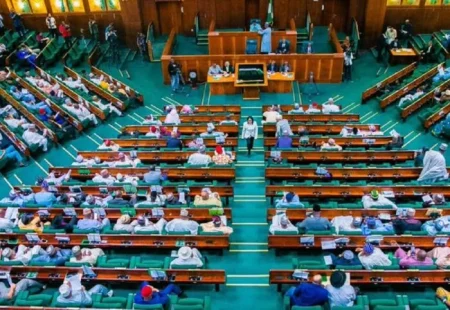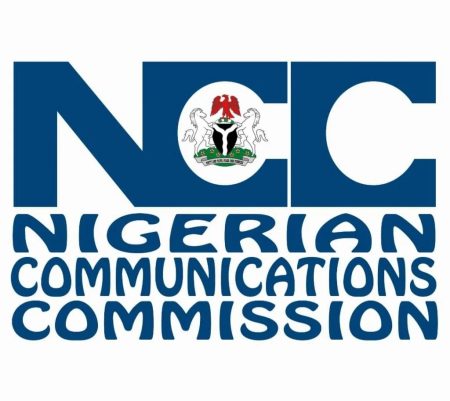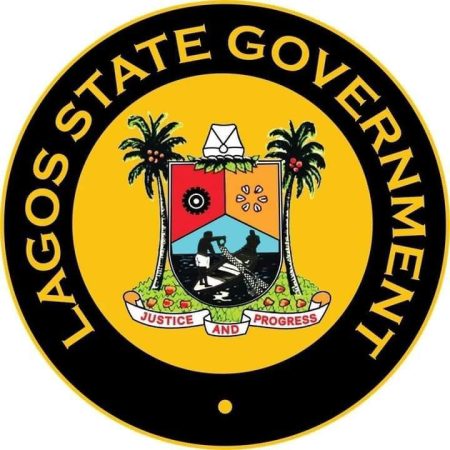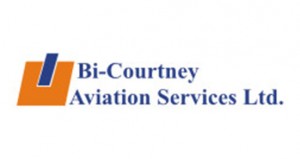The microfinance subsector plays a crucial role in Nigeria’s economy, particularly in driving financial inclusion and supporting micro and small-scale enterprises (MSEs). These MSEs are vital for economic development and poverty reduction, serving populations and small businesses that often lack access to traditional banking services due to stringent lending criteria. Microfinance banks (MFBs) are bridging this gap, evidenced by the high percentage of bank debtors borrowing from them, demonstrating their commitment to financial inclusion and economic growth. This lending activity directly supports small businesses and under-served populations, contributing to economic development and poverty alleviation. The MFB sector’s focus on grassroots lending and community service further solidifies their importance in fostering economic growth at the local level.
Digital lending has been instrumental in expanding credit facilities provided by MFBs. By streamlining loan origination processes and allowing customers to access financial services remotely, digital platforms cater to the increasingly digitally inclined population. This accessibility is crucial for busy entrepreneurs who may lack the time to visit physical bank branches. Digital lending not only enhances the efficiency of MFB operations but also expands their reach, enabling them to serve a wider customer base and offer a broader range of financial products. This evolution reflects the MFB sector’s adaptability to changing customer needs and its commitment to leveraging technology to enhance financial inclusion.
Despite the opportunities presented by digital lending, MFBs face operational challenges, especially escalating costs driven by inflation. These high operational costs affect businesses across the board, including the MFBs who must adjust interest rates accordingly. To mitigate these challenges, some MFBs are adopting strategies such as developing tailored financial products, providing business advisory services, and promoting financial literacy. These bespoke products consider the unique cash flow patterns of individual businesses, thereby enhancing loan repayment feasibility and business sustainability. Furthermore, educating SMEs on business registration, financial record keeping, and regulatory compliance improves their eligibility for funding and contributes to a more formalized and stable business environment. Encouraging a shift away from informal lending practices towards regulated financial institutions further strengthens the financial sector and safeguards customer funds.
MFBs are also focusing on building strong relationships with their clients. By understanding their specific business needs and challenges, MFBs can provide more relevant advice and financial solutions. This active involvement goes beyond traditional lending practices, focusing on building partnerships for mutual success, where the growth and sustainability of the client’s business are prioritized. This personalized approach fosters trust and allows MFBs to offer customized products and services that meet the specific requirements of each business. This approach is particularly important in a challenging economic environment where businesses need support and guidance to navigate financial uncertainties.
The emergence of fintech companies presents both a challenge and an opportunity for MFBs. Rather than viewing fintechs as competitors, MFBs increasingly see them as potential partners. Collaboration with fintech firms allows MFBs to integrate cutting-edge technologies, enhance customer experience, and reduce operational costs. By leveraging fintech infrastructure, MFBs can streamline loan processes, improve service delivery, and offer a more seamless banking experience. Some MFBs are also developing their own digital platforms to cater to evolving customer needs, offering comprehensive financial services tools and accessible mobile banking options. This proactive approach to technological integration enables MFBs to stay competitive in the evolving financial landscape and further advance financial inclusion.
Looking ahead, the outlook for the microfinance sector in Nigeria is positive, with projected economic growth and increasing digitalization. MFBs are strategically prioritizing product diversification, geographical expansion, and capacity building. Expanding product offerings will cater to the diverse needs of individuals and small businesses, while geographical expansion aims to reach underserved communities and further promote financial inclusion. Continuous capacity building for both staff and clients through training and development programs will enhance financial literacy and business management skills. This focus on innovation, expansion, and education positions the microfinance sector for sustained growth and a greater contribution to Nigeria’s economic development in the coming years. The sector’s embrace of technology combined with personalized customer service and a commitment to financial inclusion will likely shape its future success.














